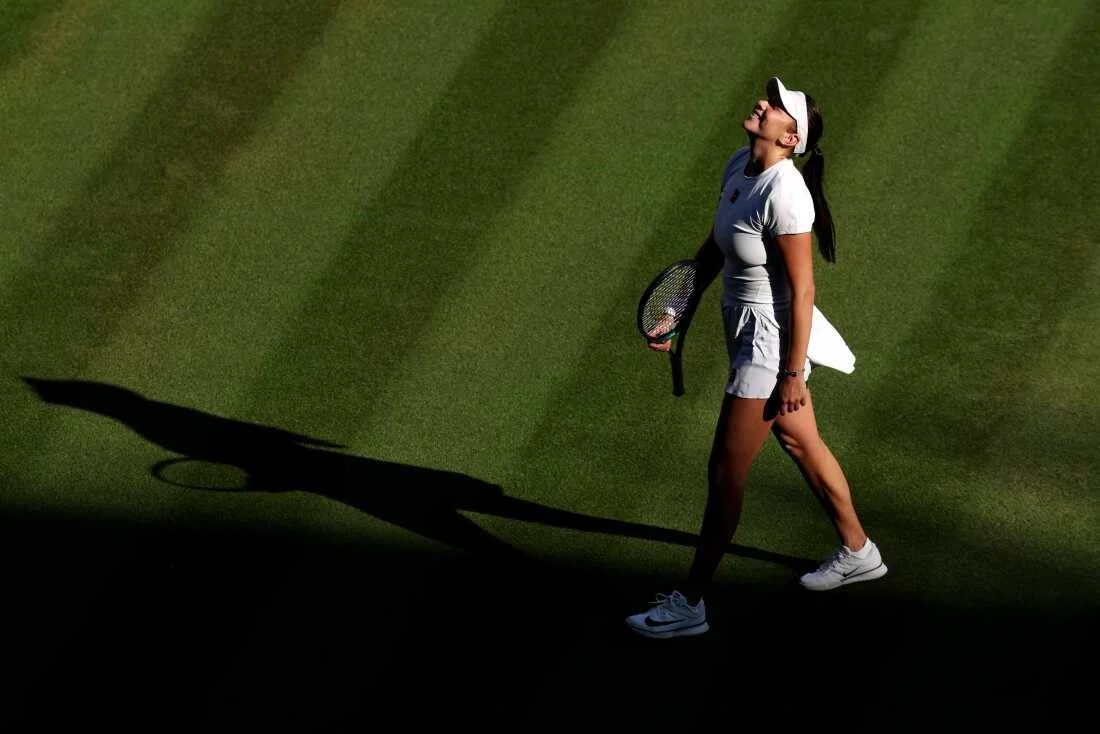Lessons from Anisimova’s Defeat to Swiatek – What Every Player Can Learn
Amanda Anisimova’s loss to Iga Swiatek in the fourth round of Wimbledon 2025 wasn’t just another straight-sets defeat.
It was a textbook example of how elite tennis is about much more than clean ball-striking – it’s about resilience, rhythm control, and psychological depth.
Anisimova started strong. Her effortless power, especially off the backhand side, allowed her to dictate early. Her ball timing is among the best on tour, and when she’s in flow, she’s capable of blowing past any opponent.
But against Swiatek, that flow wasn’t enough. It broke down – not technically, but tactically.
Here’s what became clear:
🧩 Lack of Adaptability:
Anisimova relied heavily on Plan A – power and early ball-striking. When that started breaking down, she struggled to adjust. There was no shift in tempo, no variation in depth or spin. Swiatek read her patterns, then disrupted them.
🧠 Swiatek’s Composure:
Iga stayed calm, even when under pressure early. She’s learned to absorb pace, redirect with purpose, and wait for her moments. Her game is built on intelligence and patience, not just execution. That mental edge – especially on the biggest stages – is what separates the top 1%.
⏳ Momentum is fragile:
Modern tennis is about managing emotional waves. One missed return, one poor game, and the tide can turn. Anisimova let one or two key moments slip – and Swiatek punished them immediately.
🎾 What every player – at any level – can take from this:
Your biggest strength (power, aggression, speed) can become your biggest liability if it’s not supported by variation and awareness.
You need a Plan B – and even a Plan C – when your rhythm fades.
Emotional regulation and strategic flexibility are just as important as technique.
Sometimes the match isn’t won with the best shot – but with the best decision.
Anisimova still has enormous potential. This loss doesn’t erase that.
But matches like this are powerful reminders that tennis IQ, tactical awareness, and emotional maturity are the real engines behind long-term success.
Even in defeat – if you reflect and adjust – you grow.
And that’s how champions are built.
